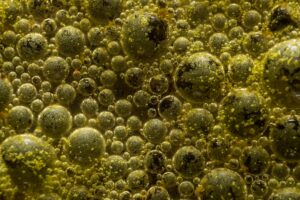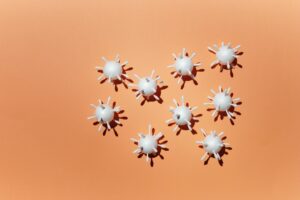Why Regular Ejaculation Matters for Prostate Health — What That Means for Men in a Sexless Marriage
Discover Why Regular Ejaculation Matters for Prostate Health and its implications for men’s well-being, especially in sexless marriages.
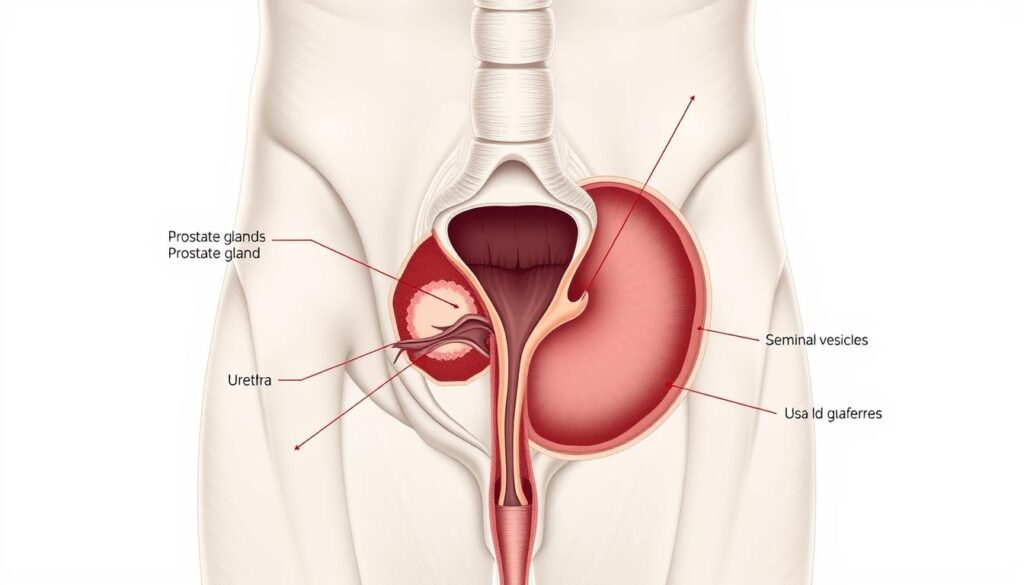
Did you know that ejaculation frequency could play a role in reducing the risk of prostate cancer? Studies suggest a surprising link between the two. For instance, a Harvard study found that men who ejaculated 21 times a month had a 20-36% lower risk of developing prostate cancer. Similarly, an Australian research highlighted benefits for those who ejaculated seven times a week.
This information is particularly relevant for men in sexless marriages who may be seeking alternative ways to support their health. While the benefits appear strongest for men over 50, younger adults can also take proactive steps. Framing ejaculation as a pleasurable and health-focused activity can make it an appealing strategy.
Key Takeaways
- Ejaculation frequency may reduce the risk of prostate cancer.
- Harvard and Australian studies support this link.
- Men in sexless marriages can explore alternative methods.
- Benefits are most significant for men over 50.
- Ejaculation can be a proactive health strategy.
The Science Behind Ejaculation and Prostate Health
Research highlights a fascinating connection between ejaculation frequency and prostate health. Over the years, multiple studies have explored this link, offering insights into how frequent ejaculation may lower the risk of prostate cancer.
What Research Says About Ejaculation Frequency
One of the most notable studies comes from Harvard, which followed 30,000 men for 18 years. The findings revealed that men who ejaculated 21 or more times a month had a 20% lower risk of developing prostate cancer. Similarly, an Australian study found that ejaculating 5-7 times a week was associated with a 36% reduction in risk.
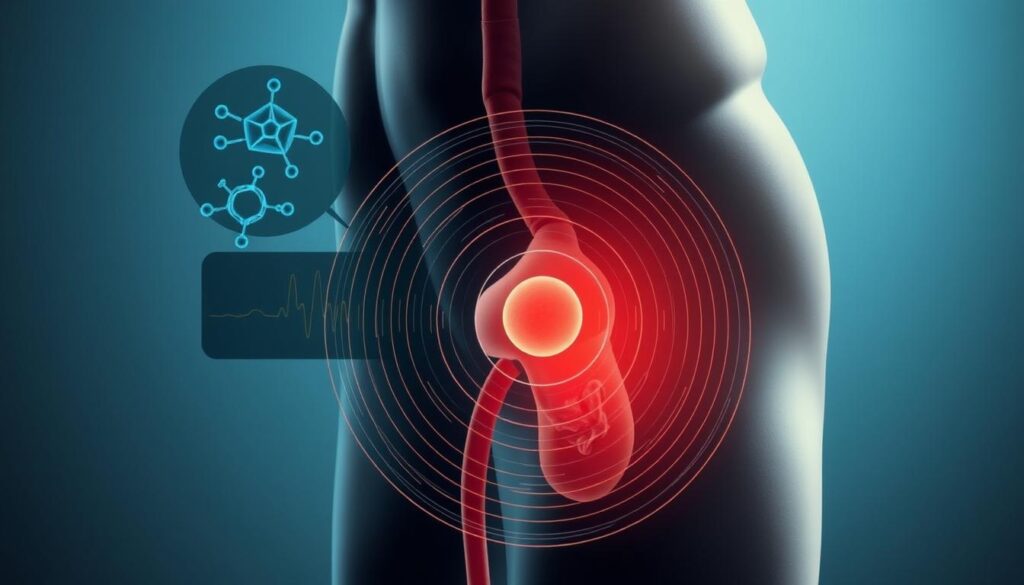
These studies suggest that ejaculation frequency plays a significant role in prostate health. However, the benefits may vary by age. While some research indicates stronger protective effects for men over 50, others suggest younger adults can also benefit.
How Ejaculation May Reduce Prostate Cancer Risk
One theory, known as the “prostate stagnation hypothesis,” explains this connection. According to this idea, frequent ejaculation helps flush out toxins and potential carcinogens from the prostate gland. This process may reduce the risk of harmful substances accumulating and causing damage.
Interestingly, the method of ejaculation—whether through intercourse or masturbation—does not appear to affect the benefits. Studies show no increased risk from masturbation, making it a viable option for men in sexless marriages.
However, it’s important to note that these findings have limitations. While frequent ejaculation may lower the risk of prostate cancer, it does not protect against aggressive forms of the disease. More research is needed to fully understand this complex relationship.
Why Regular Ejaculation Matters for Prostate Health
Understanding the benefits of ejaculation can shed light on its role in maintaining prostate health. This natural process not only supports sexual well-being but also contributes to reducing the risk of certain prostate issues.
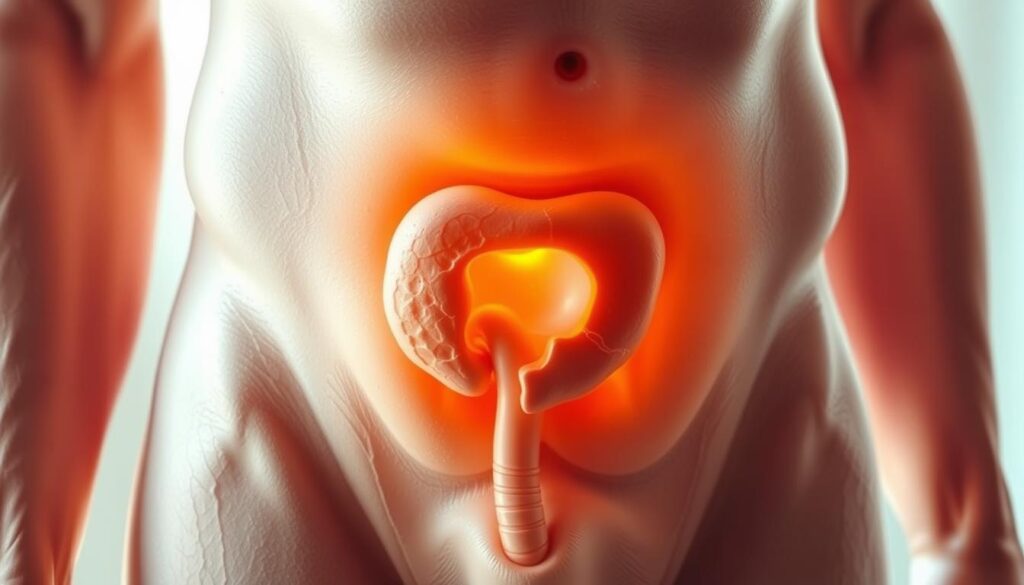
The Role of Ejaculation in Clearing Toxins
One of the key ways ejaculation supports the prostate is by flushing out harmful substances. The prostate gland can accumulate toxins, crystals, and even infections over time. Frequent ejaculation helps clear these factors, reducing the risk of damage.
Research suggests that this process, often referred to as the “prostate stagnation hypothesis,” may lower the risk of developing prostate cancer. By regularly removing potential carcinogens, the gland stays healthier for decades.
Age and Ejaculation: When It Matters Most
While ejaculation benefits men of all ages, its protective effects are particularly significant for those over 50. As testosterone levels naturally decline with age, maintaining a healthy ejaculation frequency can help counteract this.
Interestingly, studies show that adolescent prostate development may also be influenced by ejaculation habits. Starting healthy practices early can have long-term benefits for the prostate gland.
However, it’s important to note that these benefits do not extend to aggressive forms of prostate cancer. More research is needed to fully understand this complex relationship.
“Frequent ejaculation may act as a natural detox for the prostate, reducing the risk of harmful buildup.”
- Ejaculation helps clear toxins, crystals, and infections from the prostate.
- Testosterone levels play a protective role, linked to ejaculation frequency.
- Men over 50 should prioritize consistent ejaculation habits.
- Adolescent prostate development may benefit from early healthy practices.
- Benefits do not apply to aggressive prostate cancers.
Health Benefits Beyond Prostate Protection
Beyond prostate health, ejaculation provides a range of surprising benefits for the body and mind. While its role in reducing prostate cancer risk is well-documented, its impact on overall wellness is equally noteworthy. From stress relief to immune support, this natural activity offers a holistic approach to health.
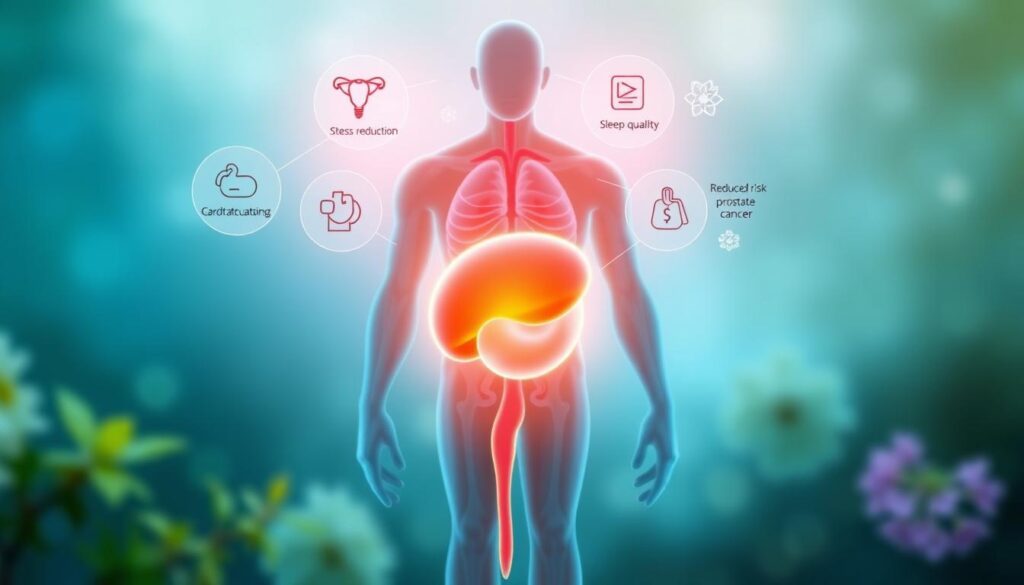
Stress Reduction and Improved Sleep
One of the immediate effects of ejaculation is the release of dopamine, a feel-good hormone. This chemical surge helps reduce stress and promotes relaxation. Over time, this can lead to deeper, more restorative sleep cycles.
Additionally, the endorphins released during ejaculation can act as natural pain relievers. For example, some men report fewer headaches or muscle aches after ejaculation. This dual effect on stress and pain makes it a powerful tool for mental and physical well-being.
Cardiovascular and Immune System Benefits
Ejaculation isn’t just a pleasurable activity but also a moderate exercise form. Burning over 100 calories per session, it can support heart health by improving circulation and lowering blood pressure. This makes it a simple yet effective way to stay active.
Research also shows that frequent ejaculation can boost the immune system. Studies have found higher antibody levels in individuals who are sexually active weekly. This suggests that ejaculation may help the body fight off infections and diseases more effectively.
“Ejaculation is more than a physical act—it’s a natural way to enhance your overall health and quality of life.”
- Dopamine release reduces stress and improves sleep quality.
- Endorphins provide natural pain relief, such as headache reduction.
- Burns calories, supporting heart health and circulation.
- Boosts the immune system by increasing antibody levels.
- Frames ejaculation as part of a holistic wellness strategy.
Challenges for Men in Sexless Marriages
Men in sexless marriages often face unique challenges when it comes to maintaining prostate health. Without regular sexual activity, they may struggle to meet the recommended ejaculation frequency, which studies link to a lower risk of prostate issues. This situation can be further complicated by societal stigma, self-reporting biases, and broader health factors like obesity and inactivity.
Exploring Alternatives to Intercourse
For men without a partner, masturbation can be a practical and health-focused alternative to intercourse. Normalizing this activity is essential, as it helps remove societal stigma and encourages men to prioritize their well-being. Scheduling solo sessions can help meet frequency targets, such as the recommended 21 times per month.
Studies show that the method of ejaculation—whether through intercourse or masturbation—does not affect its benefits. This makes masturbation a viable option for men in sexless marriages. Additionally, using lubricants and creating a private, stress-free environment can enhance the experience and make it more enjoyable.
Maintaining Prostate Health Without a Partner
Low ejaculation frequency is often linked to broader health risks, such as obesity and inactivity. Addressing these factors is crucial for overall well-being. Regular physical activity, a balanced diet, and stress management can all contribute to better prostate health.
Here are some actionable tips for men in sexless marriages:
- Schedule regular solo sessions to meet ejaculation frequency goals.
- Use lubricants to enhance comfort and reduce friction.
- Create a private, relaxing environment to reduce stress.
- Stay active and maintain a healthy weight to support overall health.
- Consult a healthcare provider for personalized advice and treatment options.
| Challenge | Solution |
|---|---|
| Low ejaculation frequency | Schedule regular solo sessions |
| Societal stigma | Normalize masturbation as a health-focused activity |
| Obesity and inactivity | Engage in regular physical activity and maintain a healthy diet |
| Stress and privacy concerns | Create a relaxing, private environment for solo sessions |
By addressing these challenges and exploring alternatives, men in sexless marriages can take proactive steps to support their prostate health and overall well-being.
Conclusion
Maintaining prostate health is essential for overall well-being, and research highlights surprising strategies to reduce risks. Studies show that frequent activity can lower the risk of prostate cancer by 20-36%, especially for men over 50. However, younger adults can also benefit from proactive habits.
For men in sexless marriages, exploring alternatives like masturbation can help meet frequency goals. Beyond prostate protection, this practice offers broader benefits, including stress relief and improved heart health.
While conflicting data exists, prioritizing prostate care is a step toward a healthier life. Always consult a healthcare provider for personalized advice tailored to your unique factors.
